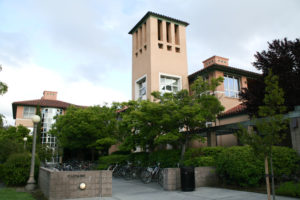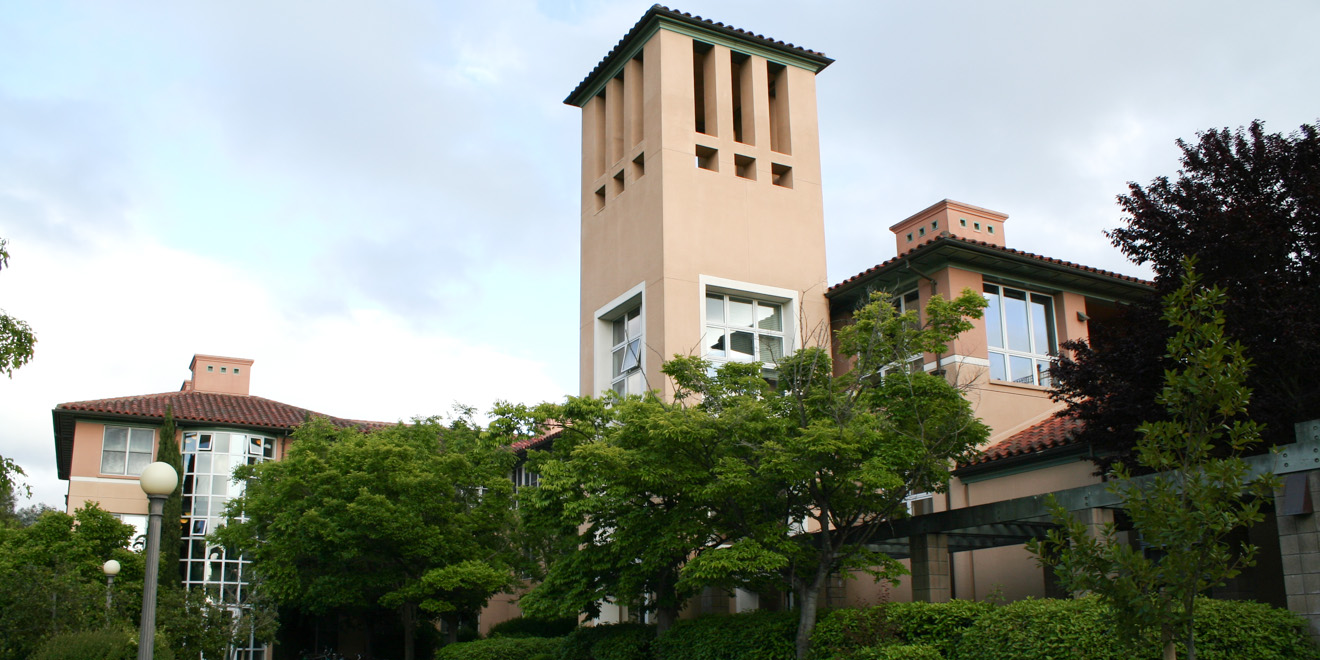Stanford will rename the Manzanita Park residence area to the Gerhard Casper Quad in a private dedication ceremony on Tuesday to honor former University president Gerhard Casper. The dining hall for the residences — which include the Humanities House, Kimball Hall, Castaño Hall and Lantana Hall — will be named the Gerhard Casper Dining Commons.

The speakers at the ceremony will be outgoing president John Hennessy, chair of the Board of Trustees Steven Denning and Casper himself.
According to Hennessy, Casper is being recognized for his significant contribution to Stanford’s educational development during his tenure as president from 1992-2000.
“The Stanford undergraduate experience would not be what it is today were it not for Gerhard Casper’s leadership,” Hennessy said.
Casper’s contributions included the creation of Introductory Seminars to provide more intimate class options for freshmen and sophomores. As Casper’s successor, Hennessy established permanent funding for these programs in the Campaign for Undergraduate Education.
Casper, who was born in Hamburg, Germany, is now the president of the American Academy in Berlin. He is also a senior fellow at the Freeman Spogli Institute for International Studies (FSI) and at the Stanford Institute for Economic Policy Research (SIEPR). Casper is a law professor emeritus at Stanford and also served a brief stint as the director of FSI from 2012-13.
Casper’s lasting legacy at Stanford also includes his role as the head of the Stanford Arts Initiative’s executive committee. The Arts Initiative has included projects such as the opening of Bing Concert Hall, the McMurtry Building for the Department of Art and Art History, and the Anderson Collection.
Casper’s academic focus has been mainly in the fields of constitutional law, constitutional history, comparative law and jurisprudence. In addition to his published academic work in these fields, Casper wrote about his time as University president in “Cares of the University” and “The Winds of Freedom: Addressing Challenges to the University.”
Contact Ada Statler-Throckmorton at adastat ‘at’ stanford.edu.
